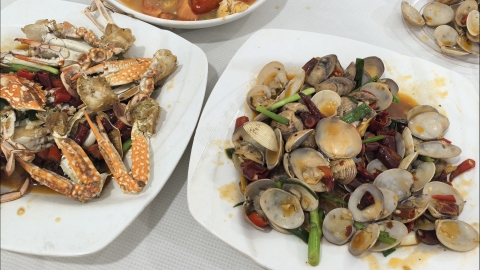Can patients with Hashimoto's hypothyroidism consume high-iodine foods?
Generally, patients with Hashimoto's hypothyroidism should not consume foods high in iodine. Detailed explanations are as follows:

Hashimoto's hypothyroidism is thyroid dysfunction caused by Hashimoto's thyroiditis and is a common endocrine disease. Iodine is an essential component for the synthesis of thyroid hormones. However, in patients with Hashimoto's hypothyroidism, thyroid function is already impaired and the production of thyroid hormones is insufficient. Excessive iodine intake under such circumstances may further stimulate the thyroid tissue, potentially leading to even lower thyroid hormone production and worsening the condition.
Patients with Hashimoto's hypothyroidism should strictly limit iodine intake and avoid consuming iodine-rich foods, such as kelp, nori, sea fish, shrimp, crab, and other seafood products. At the same time, they should maintain a balanced diet, increasing intake of protein, dietary fiber, vitamins, and minerals to support normal body functions.
In addition to dietary adjustments, patients with Hashimoto's hypothyroidism also need to take thyroid hormone replacement medications as prescribed by their physicians, such as levothyroxine sodium or thyroid extract tablets, to maintain thyroid hormone levels within the normal range. Regular thyroid function tests are also necessary to monitor disease progression and adjust treatment plans accordingly.




